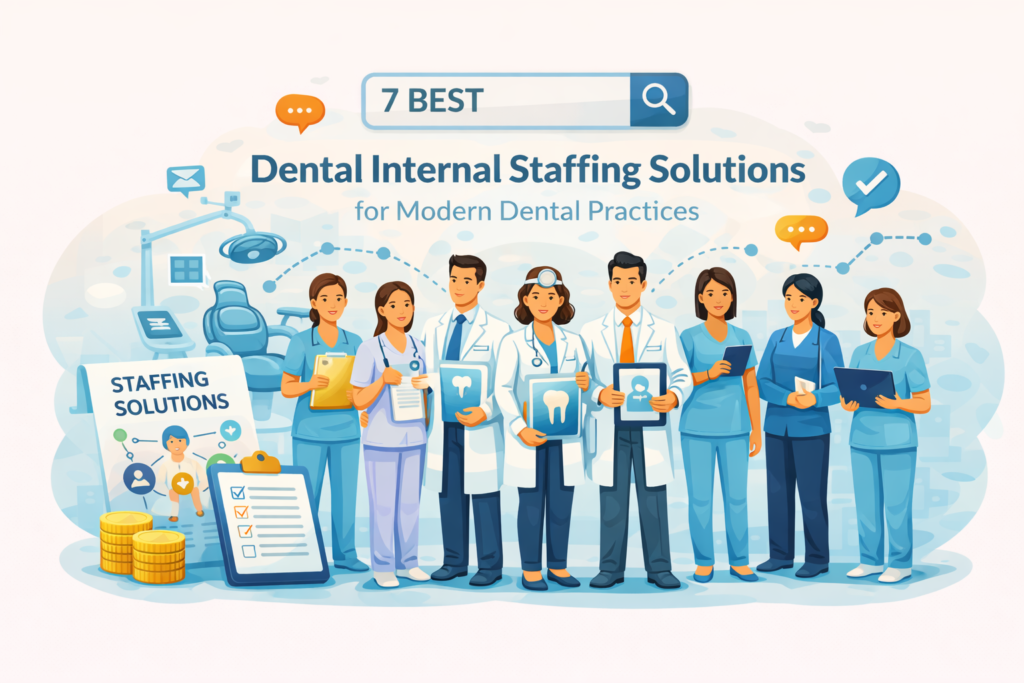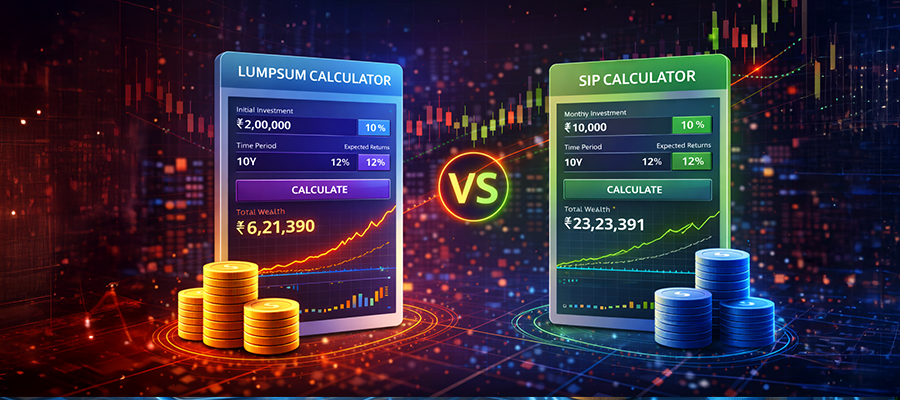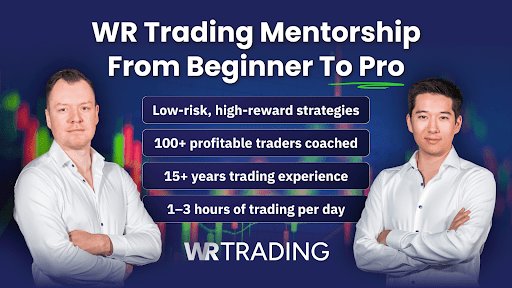CFD (Contract for Difference) trading has become popular among traders. They want to speculate on financial markets without owning the actual assets. Choosing the right CFD trading broker can significantly influence your experience, profits, and risk exposure.
The key is to match your trading goals with a platform. This platform should have strong features and good regulations. It should also provide tools that fit your strategy. Let’s dive into what makes a broker stand out in this competitive space.
Features That Define a Great CFD Broker
Not all brokers are built the same. These elements differentiate the average from the exceptional:
Platform Usability
A user-friendly interface plays a crucial role. An intuitive dashboard, easy order execution, and clear analytics make a huge difference during fast-moving markets. Platforms like MetaTrader 4 (MT4) and MetaTrader 5 (MT5) are common among top providers.
Asset Variety
The best CFD trading brokers offer a broad range of markets: forex, stocks, indices, commodities, and crypto. This variety allows you to diversify your portfolio without switching platforms.
Leverage and Margin Requirements
Each broker sets different leverage levels and margin requirements. While higher leverage can amplify returns, it also raises the risk.
| Broker | Max Leverage | Minimum Deposit | Assets Offered |
| IG | 1:30 (EU clients) | $250 | Forex, indices, crypto |
| eToro | 1:30 | $200 | Stocks, ETFs, crypto |
| Plus500 | 1:30 | $100 | Forex, commodities, more |
Why Regulation Should Be a Dealbreaker
Trading with regulated CFD brokers means you are protected by financial oversight groups. These include the FCA in the UK, ASIC in Australia, and CySEC in Cyprus. These regulators enforce rules on capital requirements, client fund segregation, and dispute resolution.
“A regulated broker is your safety net when trades go south or systems malfunction.”
Examples of top-tier regulatory bodies:
- FCA (UK) – Strongest consumer protection
- ASIC (Australia) – Known for transparency
- CySEC (Cyprus) – EU-compliant oversight
Avoid brokers that are registered in offshore places like St. Vincent or the Marshall Islands. Only use them if you are okay with weak or unclear rules.
Demo Accounts: Practice Before You Dive In
One of the smartest ways to test a platform and your own strategies is by using CFD brokers with demo accounts. These accounts simulate real market conditions without risking your capital.
Top Brokers with Demo Accounts
| Broker | Demo Duration | Included Features |
| IG | Unlimited | Real-time data, full features |
| eToro | Unlimited | $100,000 virtual balance |
| Pepperstone | 30 days | Access to MT4 and cTrader |
Practicing with a demo account lets you understand spreads, execution speed, and platform reliability without financial pressure.
Fee Structures That Can Eat Into Your Profits
CFD brokers make money through spreads, commissions, overnight fees, and inactivity charges. Hidden fees can quietly erode your gains, so it’s essential to analyze each broker’s cost structure.
Examples of Common Fees
- Spreads: IG offers spreads from 0.6 pips on forex pairs.
- Commissions: Some brokers charge $3–$7 per lot traded.
- Overnight Holding Fees: Daily charge for keeping positions open.
- Inactivity Fees: Charged after months of no activity (e.g., $10/month after 12 months on Plus500).
“Trading becomes expensive not because of losses, but because of unchecked fees.”
Customer Support: The Invisible Backbone
A reliable customer support team isn’t just nice to have—it’s essential. Look for 24/5 or 24/7 availability through chat, phone, and email.
Evaluation Checklist:
- Are live chats responsive?
- Is multilingual support available?
- Do they offer platform tutorials?
These seemingly minor aspects matter when your trade is stuck or the platform is glitching.
Mobile Trading Experience
In today’s world, mobile-first design is a necessity. Top CFD brokers provide mobile apps that are fast, stable, and mirror the web-based features.
Apps should offer:
- Real-time push notifications
- Customizable charts
- Integrated risk management tools
Check user ratings on Google Play and App Store before trusting an app with your trading activity.
Risk Management Tools That Save You
Look for platforms offering stop-loss, take-profit, and negative balance protection. These tools can automatically exit a trade at preset conditions, shielding you from steep losses.
“Negative balance protection ensures you never lose more than your deposit.”
Not all brokers offer these by default, especially unregulated ones.
Educational Content and Webinars
The best CFD trading brokers offer education hubs filled with guides, videos, market analysis, and webinars. A broker that helps you learn is one that supports long-term success.
What to Expect:
- Weekly market insights
- Glossaries and platform walkthroughs
- Strategy-based webinars
Free education is a major plus, especially for traders still sharpening their skills.
Speed and Execution Quality
Trade execution speed can determine whether you enter or exit at your desired price. Look for brokers with:
- No dealing desk (NDD)
- Direct Market Access (DMA)
- Minimal slippage
Brokers with strong tech infrastructure often highlight their average execution speeds on their websites.
Withdrawal & Deposit Options
A flexible broker supports a wide variety of payment methods:
- Credit/debit cards
- Bank transfers
- E-wallets like PayPal and Skrill
- Crypto wallets (occasionally)
Withdrawal processing times can vary between 24 hours and 5 business days. Always check for hidden withdrawal fees.
Security Measures That Matter
Your funds and data must be protected. Check for the following:
- SSL encryption
- Two-factor authentication (2FA)
- Segregated client accounts
A secure broker takes your safety seriously—and shows it in their design and policies.
Choosing Based on Your Trading Style
Not everyone trades the same way. Here’s how you might align your broker with your style:
| Trading Style | Ideal Broker Features |
| Day Trading | Low spreads, fast execution, real-time data |
| Swing Trading | Charting tools, economic calendars, multi-asset access |
| Beginners | Demo accounts, education centers, low minimum deposit |
You don’t need to find the “perfect” broker—just the one that fits your rhythm.
Final Thoughts
Finding the right CFD trading broker isn’t about chasing bonuses or flashy ads. It’s about choosing a partner that gives you the tools, trust, and transparency to build your trading future. To manage risks well or test your ideas in a demo account, choose a platform that fits your strategy. It should not just be the one that makes the biggest promises.
If you’re serious about mastering CFDs, take the next step—test a few platforms, analyze their demo versions, and start small. That’s how consistent traders build momentum.
FAQs
Are CFD trading brokers safe to use?
Yes, but only if they are regulated by recognized authorities like the FCA, ASIC, or CySEC. Always check their license number.
What’s the difference between a demo account and a live account?
Demo accounts use virtual funds to simulate real market conditions, while live accounts involve actual money and real trades.
Can I trade crypto with CFD brokers?
Most modern CFD brokers offer crypto CFDs, allowing speculation on price movements without owning the coins.
Do CFD brokers charge commissions?
Some do, especially ECN brokers. Others earn from spreads. Always read the broker’s fee disclosure.
Is leverage the same for all users?
No, regulated brokers often provide lower leverage for retail traders and higher levels for professionals. How long should I use a demo account?
As long as it takes to feel confident. Some traders use demo accounts for weeks; others may take months.




